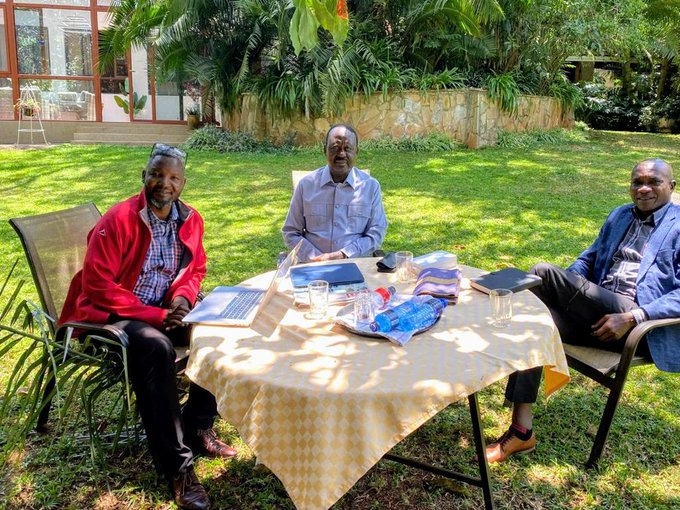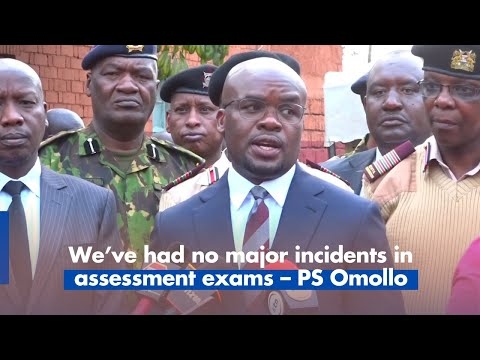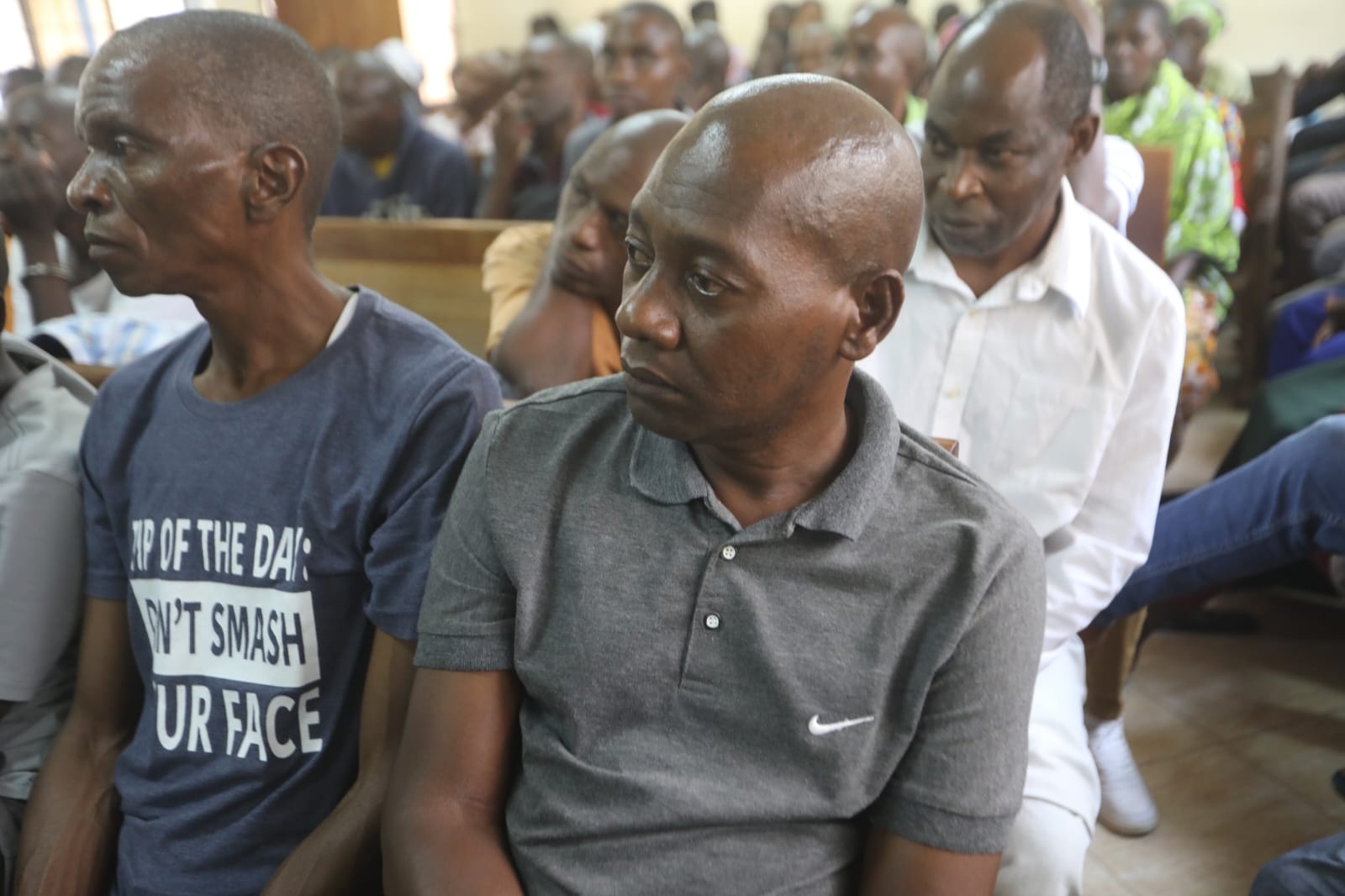During the past 10 years, education bureaucrats have made many frantic attempts to abolish ranking of students and schools in the KCPE and KCSE exams.
I opine that abolishing the ranking system is ill advised. In the absence of ranking, motivation among students and teachers will plummet, leading to a normalisation of mediocrity. Parents will be robbed of an accountability tool; the government may invest less in education and the global acceptance of our students will fall. The impact of this policy directive will be a massive drop in the quality of our education.
Academic success is influenced by many variables that include the learner’s intelligent quotient, the learner’s motivation to work hard, supportive parents or guardians, quality of instruction by teachers, the availability of learning facilities and a conducive environment in school characterized by a discipline culture.
Ranking of students and schools is known to motivate both students and teachers to exert themselves more. Recognition of top performers is a form of reward of hard work. This cannot be differentiated with recognition of talent in other spheres of life such as football, where the best player in a tournament is deliberately identified and celebrated.
Competition among schools drives up performance. Many secondary schools have rival institutions against whom they compete to beat in academics and extra-curricular activities. These rivalries become rallying points about which teachers motivate students.
Every examination cycle, students in nearly every school await to know how they performed against their nemesis. When the performance is good, students are encouraged to maintain it. When it is bad, they are encouraged to improve and overtake their rivals. This creates a win-win situation but the biggest beneficiary is quality of education which goes up.
Ranking of schools offers parents the most powerful and reliable accountability tool for assessing the work done by teachers. When students post excellent mean scores, it is an indicator that teaching and learning took place.
In the past we have witnessed parents pose hard questions to teachers following poor results. This is important in interrogating modifiable causes of poor performance such as poor discipline and pursuing remedies. Poor results should prompt the government to identify specific challenges faced by schools and find timely solutions. Consistent poor performance by schools in some areas or categories should raise equity concerns.
Our local examinations have a regional and global implication. Some of our students use the results as part of their applications to universities outside Kenya.
A student who posted an impressive rank such as 50th nationally can use this information to boost their chances while applying to study abroad. The best ranked students also stand a chance of being approached directly for scholarships by companies and institutions of higher learning. In the absence of ranking, hundreds of opportunities may be lost by some of the best performers a majority of whom come from families struggling economically.
The argument that examination results should include extra-curricular activities is moot since extra-curricular activities are assessed differently. All schools, for instance, have an opportunity to enter into an inter-school soccer competition, which is organized on a knock out basis from the local to the national level. Every year, this competition produces the best football players and best schools and no further ranking is necessary. This is the case with all sports. Drama and music festivals tend to follow a similar way of organization mutatis mutandis.
While ranking of schools and students following examination results plays an invaluable role in education quality, it can still be further improved. The question of value addition can be emphasized to bring out the schools from which students have made the most remarkable improvement at the KCSE level compared to KCPE. The categories of best improved students should also be added. Teachers whose students perform well should be recognized and rewarded appropriately. Every year we should celebrate the best teacher in every subject. We should also recognize and give certificates to the top students in every subject to motivate them as they get to the next level.
The malpractices that accompany examinations are the birth water that should be thrown out without harming the child. Greater vigilance by education officials and more severe punishments for teachers and any individual in the examination chain who assists in leakage of examinations is an imperative. The few school heads who engage in practices such as refusal to register candidates with academic challenges or transferring them to other centers should be identified and sanctioned appropriately.
Competition is an inevitable fact in all spheres of life. Instead of shielding students from the negative emotions that accompany poor academic performance, we should create a culture of resilience and self-improvement. We should encourage our students to invest their school years in acquiring the knowledge and skills that an increasingly competitive world demands.
Those who excel academically should be celebrated and be encouraged to go beyond the frontiers of human knowledge.
Dr. Chitayi Murabula is the president of the Kenya Psychiatric Association.












